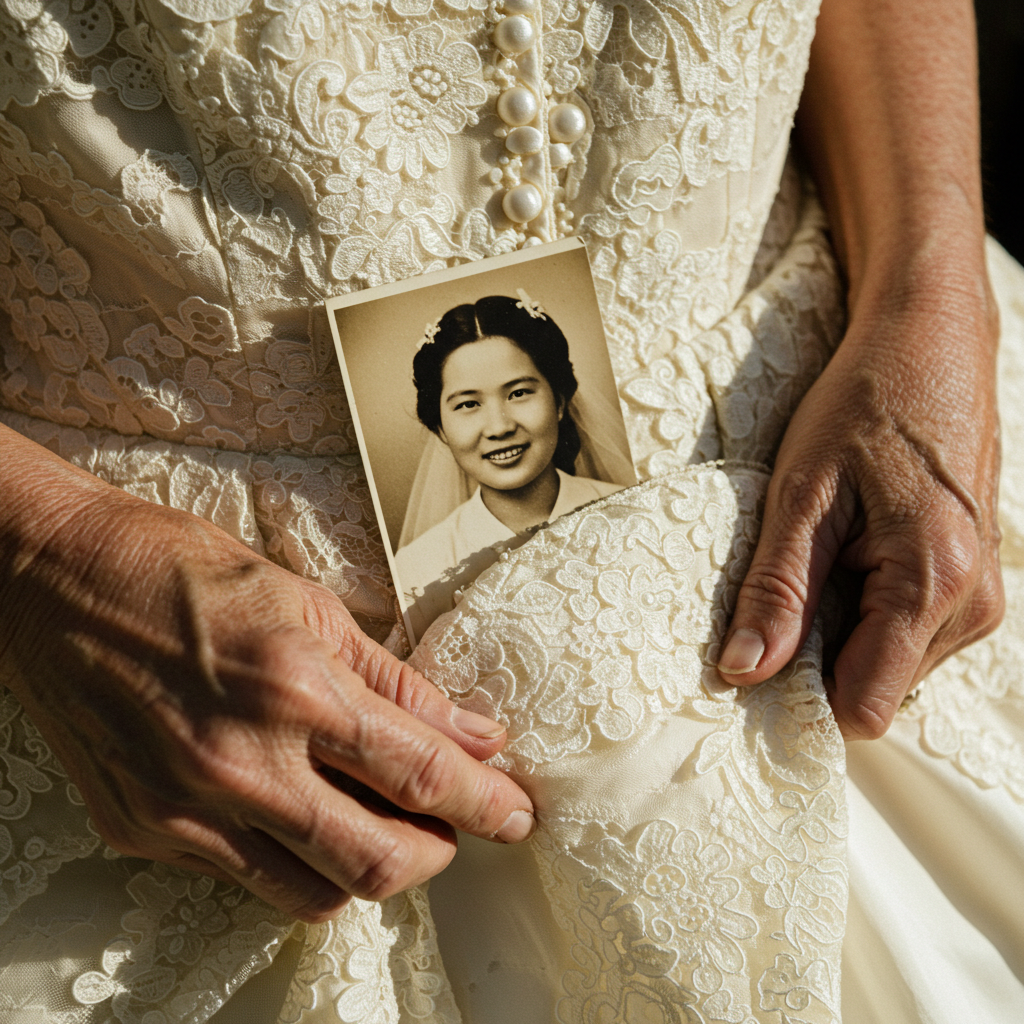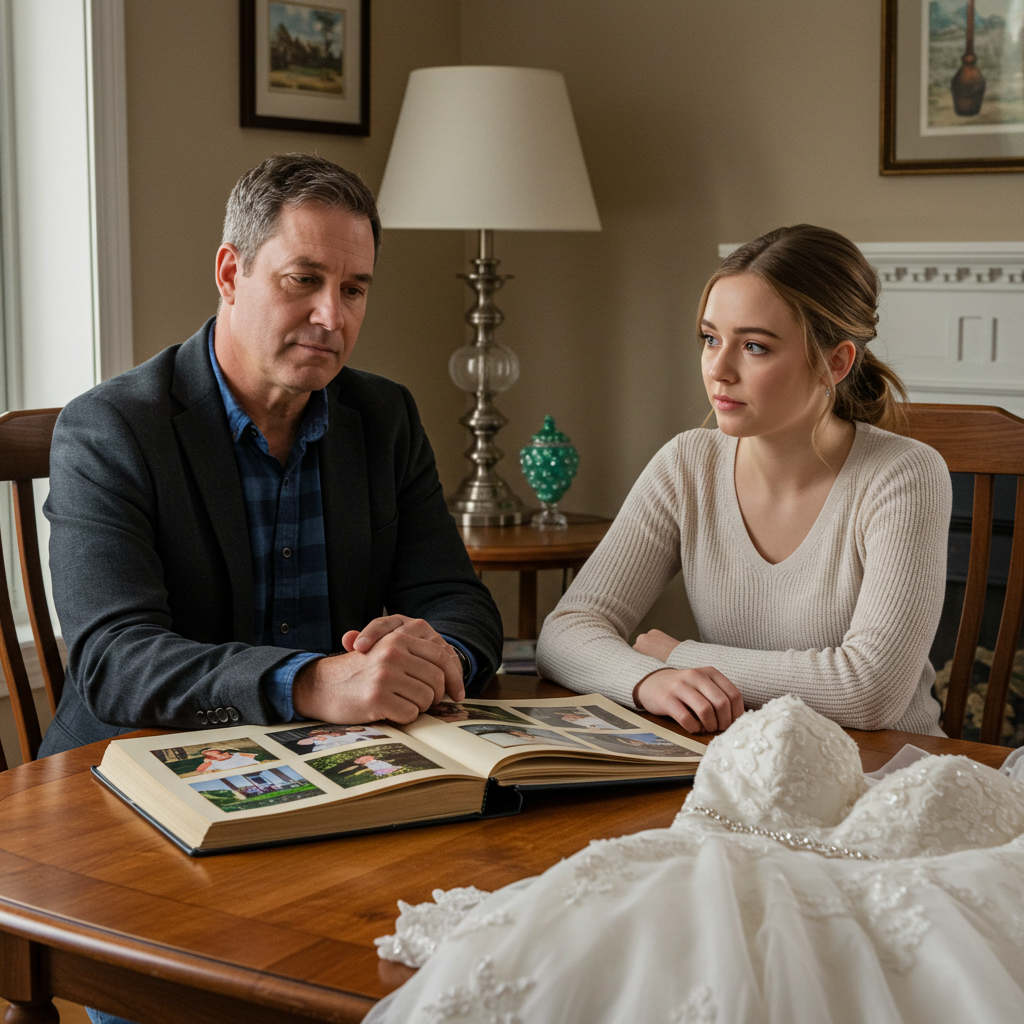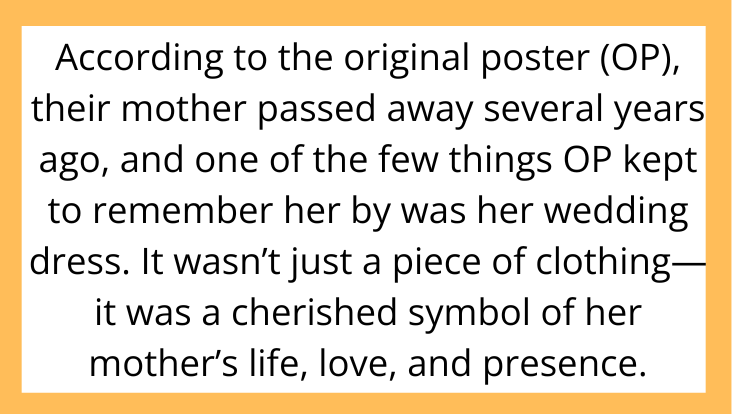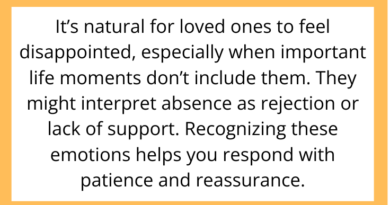AITAH for Not Letting My Brother’s Fiancée Wear My Deceased Mother’s Wedding Dress?
Weddings are often emotional events that bring families together—but they can also expose long-standing tensions, especially when it comes to family heirlooms. A recent r/AITAH post raised a powerful question: Am I the bad one for refusing to let my future sister-in-law wear my late mother’s wedding dress, even though it would mean a lot to my brother?
This dilemma dives deep into grief, legacy, and what it means to honor someone’s memory. In this post, we’ll break down both sides of the conflict, explore the emotional weight of family heirlooms, and offer guidance on navigating situations where personal boundaries meet family expectations.
The Situation: A Wedding Request Wrapped in Grief

According to the original poster (OP), their mother passed away several years ago, and one of the few things OP kept to remember her by was her wedding dress. It wasn’t just a piece of clothing—it was a cherished symbol of her mother’s life, love, and presence.
Now, OP’s brother is engaged and his fiancée asked if she could wear the dress for their wedding. She claimed it would be a touching way to include OP’s mother in the ceremony. The brother supported the idea and urged OP to agree.
But OP wasn’t comfortable with the request. The dress was too personal, too precious, and too tied to grief. Politely, OP declined. That’s when things turned sour—accusations of selfishness, guilt trips, and family division followed.
Why Family Heirlooms Aren’t Just “Things”

To an outsider, a wedding dress might just seem like fabric and lace—but for those who’ve lost someone close, heirlooms can carry immense emotional weight. They represent connection, history, and personal healing. Here’s why OP’s refusal isn’t necessarily selfish:
-
Grief is personal: People hold on to different things to process loss, and what feels sacred to one person might not to another.
-
Heirlooms aren’t public property: Just because an item belonged to a family member doesn’t mean every family member has equal right to it.
-
Sentimental value can’t be measured: The emotional attachment may outweigh any symbolic gesture someone else wants to make.
The Fiancée’s Perspective: A Meaningful Gesture—or Overstep?

Of course, it’s important to consider the other side. The brother’s fiancée likely didn’t mean to offend. She may have seen her request as a beautiful tribute, not a boundary violation. From her point of view:
-
Wearing the dress would symbolize unity and remembrance.
-
She may have wanted to feel connected to her future husband’s mother.
-
She might not fully understand the depth of OP’s grief or attachment.
This doesn’t make her right—but it could mean her intentions weren’t malicious, just misplaced.
Navigating Emotional Requests Like This

Situations like these call for careful, compassionate communication. If you ever find yourself in OP’s shoes, here’s how you might respond:
-
Acknowledge the sentiment: Let the other person know you understand and appreciate the gesture, even if you disagree.
-
Set gentle but firm boundaries: “This dress helps me feel close to Mom—I’m not ready to part with it.”
-
Offer alternatives: Maybe a photo of the mother in the dress could be displayed at the wedding, or a small piece of the dress fabric incorporated in a bouquet.
-
Don’t apologize for your grief: You’re allowed to protect what helps you heal.
What Reddit Had to Say

As usual, Reddit users were quick to weigh in—and the overwhelming consensus was in favor of OP. Most agreed that no one is entitled to someone else’s sentimental belongings, and that asking to use them—while not necessarily wrong—does not mean an automatic “yes” is owed.
Many also pointed out that OP’s brother should have defended their boundary, not added to the pressure.
Final Thoughts: Grief, Boundaries, and Family Pressure

OP’s story highlights a common conflict in families: the gap between intention and impact. While the fiancée’s request may have been heartfelt, it failed to consider OP’s emotions and ownership over a deeply meaningful item.
The truth is, saying “no” to a request like this doesn’t make you cruel or bitter. It means you’re honoring your own emotional truth. And in a world where grief is often misunderstood or minimized, that takes courage.



